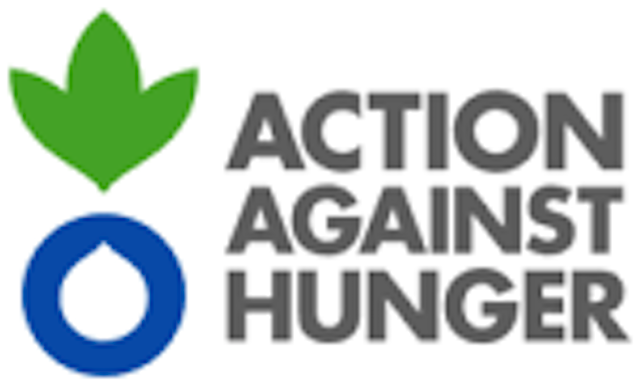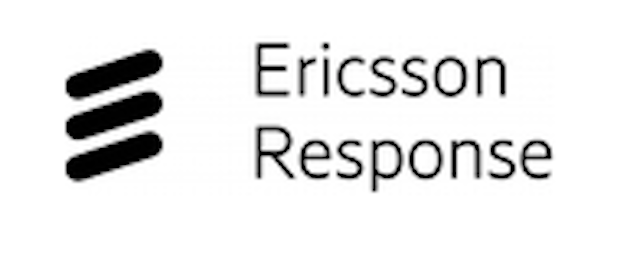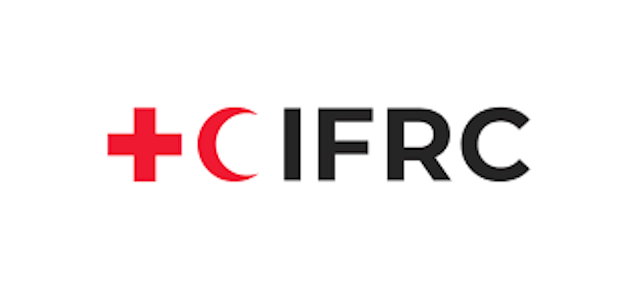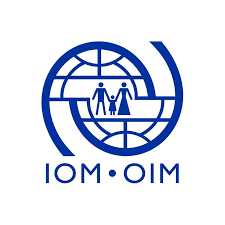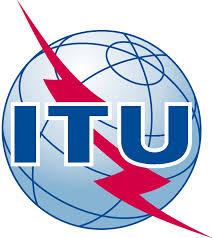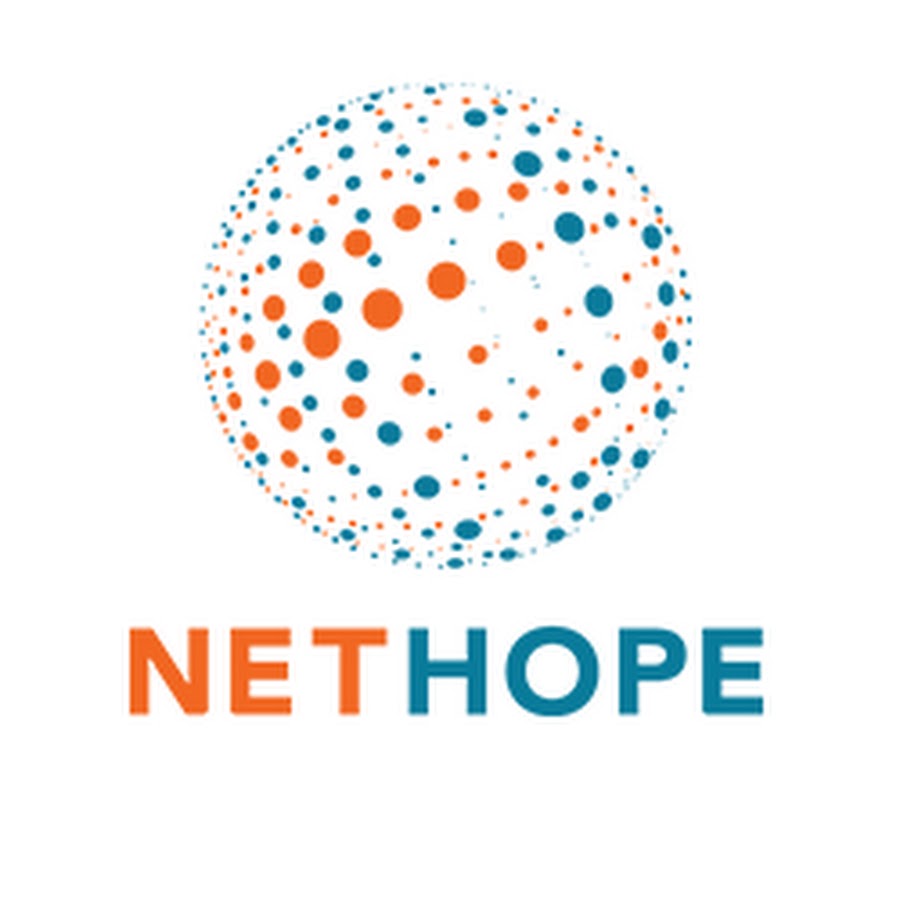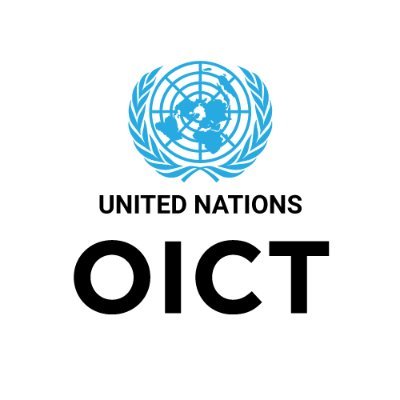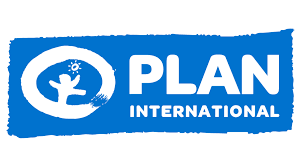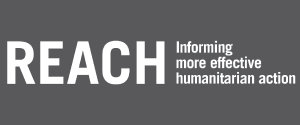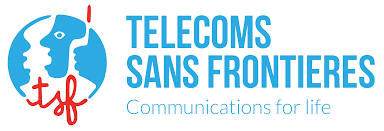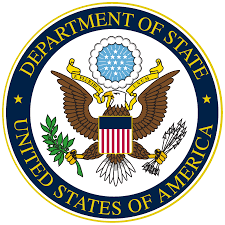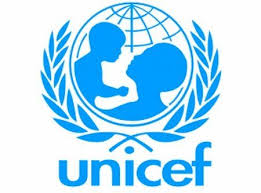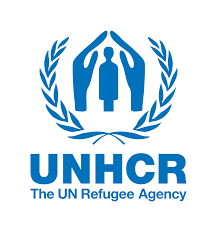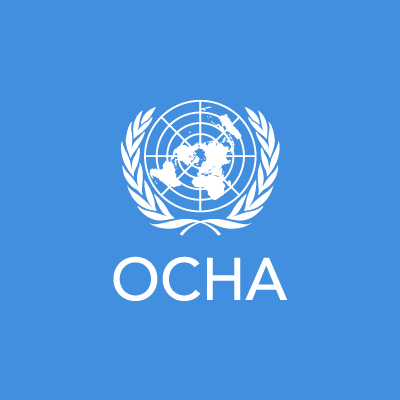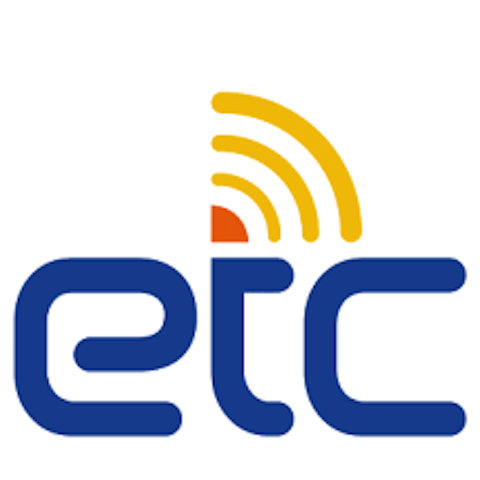The Emergency Telecommunications Cluster (ETC) - headed globally by the World Food Programme (WFP) - is a multinational network of humanitarian, government and private sector organizations that work together to provide communication services in humanitarian emergencies. The ETC collaborates with local telecommunication providers and leading technology companies to ensure a secure and stable connectivity environment is upheld in the aftermath of a crisis. In doing so, the ETC fosters communication between affected communities and humanitarian responders and facilitates the effective and appropriate delivery of humanitarian aid. Since its establishment in 2005, the ETC has responded to 40 humanitarian emergencies worldwide.
In order to keep pace with a rapidly changing crisis environment, the ETC also strengthens the emergency preparedness of communities in at-risk areas. For this purpose, the ETC engages in various activities that include simulations and training for humanitarian responders, pre-positioning valuable equipment, setting emergency telecommunication standards and more.
Criteria for Cluster Activation
The criteria for cluster activation is two-fold. Cluster activation occurs when the response and coordination efforts of the international community are strained as a result of a sudden decline in the humanitarian situation of a country/region (i.e. conflicts, natural disasters, etc.). Cluster activation also takes place when the response and coordination efforts of the national authority to the crisis do not meet humanitarian standards.
Process of Cluster Activation
The Resident/Humanitarian Coordinator and the Humanitarian Country team consult on the humanitarian situation on the ground in the first steps of the cluster activation process. Thereafter, discussion continues with the Emergency Relief Coordinator about the logic behind each cluster and the choice of lead agencies based on the coordination and response capacity most appropriate. The following proposal is sent to the Inter-Agency Standing Committee (IASC) Principals and Global Clusters for approval within 24 hours. If endorsed, the Emergency Relief Coordinator will activate the appropriate cluster.
The criteria and process of cluster activation is consistent for all clusters under the cluster system established and coordinated by the Office for the Coordination of Humanitarian Affairs (OCHA).
ETC Services
Within 48 hours of a disaster, the ETC provides vital security communications services and voice and Internet connectivity to assist the response community in their life-saving operations These services include: Telephony, Local Broadcaster Support, Establishment of effective two-way Common Feedback Mechanisms, Internet Connectivity, Customer Support, Security Communication Systems, Unmanned Aircraft Systems Coordination.
For more information on the cluster system and cluster activation, check out the following links:
Crisis Connectivity Charter
The Crisis Connectivity Charter is a mechanism coordinated between the satellite community and government and humanitarian agencies designed to assist the ETC in supporting humanitarian responders, governments and affected communities in a more efficient manner. When disaster strikes, the charter ensures satellite-based technology can be leveraged to provide life-saving connectivity to humanitarians and affected populations. In crisis scenarios, satellites offer swift access to life-saving connectivity, with satellite communications robust, resilient and immune to natural disasters. The Charter supports increased coordination by prioritizing access to bandwidth for humanitarian purposes during disaster responses and by allocating pre-positioned satellite equipment and transmission capacity in high-risk countries. It also provides training and capacity building for the humanitarian community around the world.
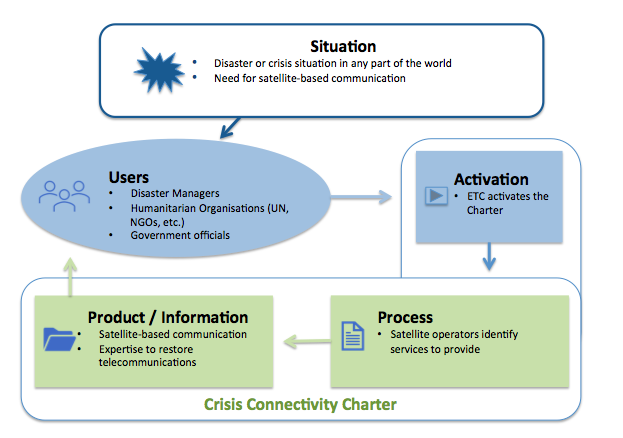
An information graphic about the Crisis Connectivity Charter. Source: UN-SPIDER.
For more information on the Crisis Connectivity Charter, check out the following links:
- Article on the Crisis Connectivity Charter (UN-SPIDER)
- Introduction of the Crisis Connectivity Charter (SSPI)
- Overview of Crisis Connectivity Charter (ESOA)
- Mechanisms of the Crisis Connectivity Charter (ESOA)
